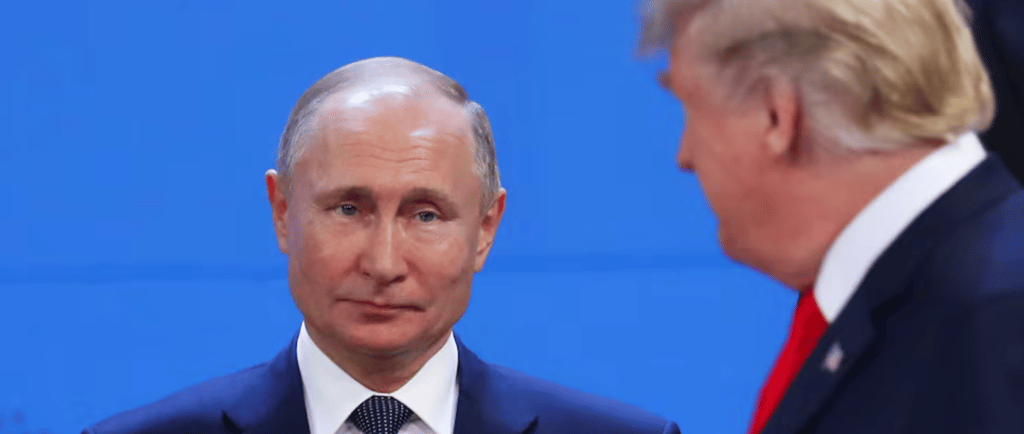Understanding The Ideology Behind Trump's Putin Policy
Donald Trump's policy toward Vladimir Putin is influenced by an ideological affinity for strongman leadership, domestic politics, and a focus on China, which could reshape Europe's strategic landscape by weakening alliances and support for Ukraine. Will these mechanisms lead to a new geopolitical order, or will established international norms ultimately prevail?
RUSSIAUNITED STATES
Roman Frantsyian
7/14/20252 min read


Donald Trump's policy towards Vladimir Putin has long fueled controversy and alarm, especially in Europe, because European regional security depended so much upon U.S. support for Ukraine. Even as Putin’s troops have occupied Ukraine, annexed parts of it, and repeatedly flouted the norms of international law, Trump has expressed an oddly accommodating attitude towards the Russian leader. This results from the combination of ideological sympathy, domestic political opportunism, economic and strategic interests, personal grievances, and populist communicative style. These are all factors that, together, could severely reconfigure Europe’s strategic landscape.
Trump's ideological inclinations are an essential factor to consider here. He has publicly praised strongman leaders such as Putin and Kim Jong-un, preferring their firm, decisive aura to the nuances of democratic leadership. To Trump, Putin is less of a bully and more of a successful tactician. This adulation betrays Trump's pragmatist, dealmaker mentality: he views the global scene as a struggle of interests, rather than of values. Democracy and human rights are frequently of lesser importance than the conviction that personal diplomacy can extract practical concessions, even at the cost of doctrinal scruples.
This worldview aligns with Trump’s domestic strategy. His political base includes many isolationists skeptical of military interventions and global commitments. A softer stance on Russia appeals to these voters, signaling an “anti-war” approach promising peace without entanglements. It also provides a pointed contrast to President Biden, whose support for Ukraine Trump characterizes as reckless and wasteful. By critiquing aid to Kyiv, Trump positions himself as the candidate of restraint and fiscal conservatism.
Economically and geopolitically, Trump favors deal-making rather than military escalation, hoping personal negotiating can rapidly conclude the Ukraine war even if concessions need to be made at the expense of Ukraine. His broader strategic interest lies in China, which he perceives as America’s main foe. Here, the more minor threat lies in Russia, potentially to be managed, at worst, through rapprochement, so the United States can focus all of its efforts against Beijing.
Personal history also influences Trump’s stance. Being the subject of the 2016 scrutiny of the Russia investigation had its impact, and he became overly defensive of criticism linking him to the Kremlin. Trump does not want to criticize Putin, among other reasons, to avoid lending credence to rumors regarding his connection to Russia. These are rumors that, even if unproven, keep the public suspicious and make him even more defensive.
Trump's communicative pattern contributes to the confusion. As a populist campaigner, he frequently sends mixed signals, threatening Putin one morning, and promising swift peace the next. The unpredictability keeps him in the center of media attention and political negotiating leverage, but it disturbs U.S. allies. European leaders are not only afraid of the signals Trump sends, but they are also afraid of how these ever-changing signals would be interpreted as policy at the moment of crucial decisions.
The implications for Europe and Ukraine are major. The Trump policy stokes anxiety over a weakened alliance, lessened transatlantic cohesion, and a more vulnerable eastern flank. And his apparent acts of verbal provocation may be the precursor to a real strategic shift, potentially upending decades of postwar stability.
Trump’s “appeasement” of Putin, then, is not an eccentricity but a consistent thread running through his admiration for authoritarian leaders, domestic political tactics, economic strategies, personal grievances, and headline-grabbing rhetoric. It is a stance with the potential to redefine global power dynamics, especially for Ukraine’s security and the future of the European order.


